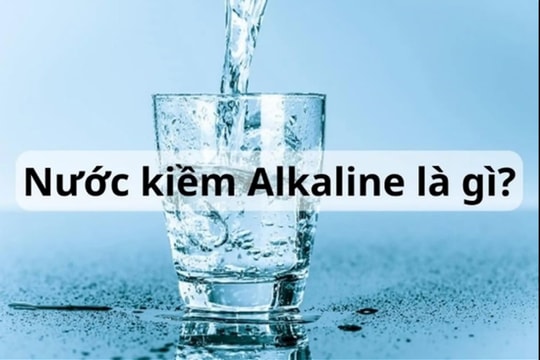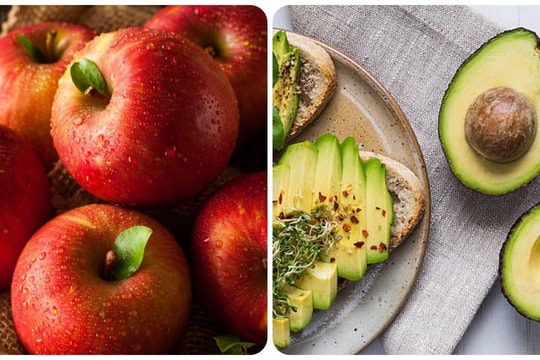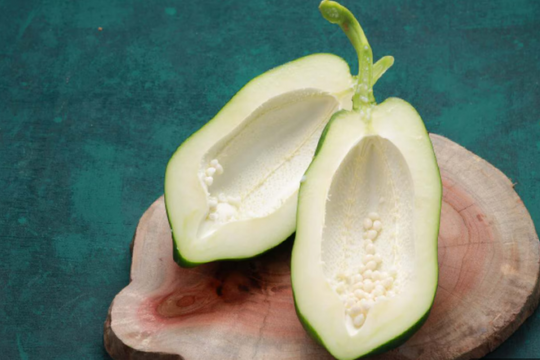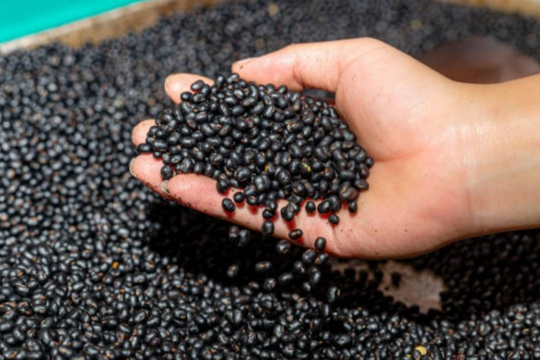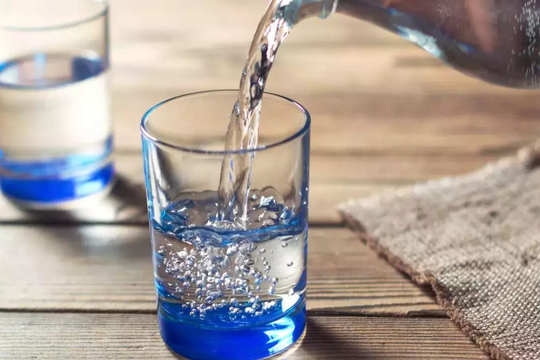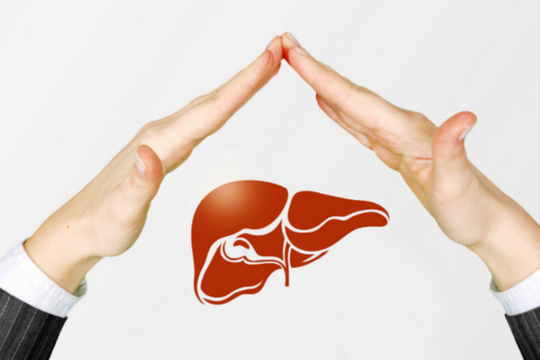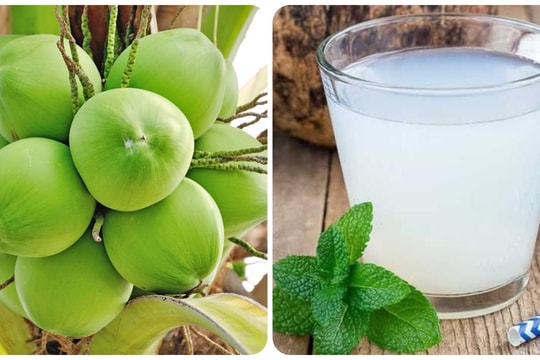Eating salty foods increases the risk of stomach cancer
Dr. Vu Truong Khanh: "HP bacteria, living habits and a high-salt diet are risks of causing stomach cancer."
“The rate of stomach cancer, drug resistance and antibiotic resistance to HP bacteria in Vietnam is quite high. Many HP treatment drugs in many countries are 80% to 90% effective, but in Vietnam the success rate is just under 80%.”
This is the figure provided by Dr. Vu Truong Khanh, Head of Gastroenterology Department, Bach Mai Hospital.
Why is the rate of stomach cancer and HP infection in Vietnam quite high? Explaining this, Dr. Vu Truong Khanh said: “Japan and Korea are the countries with the highest rate of stomach cancer. In Vietnam, it is not as high as in Japan, much lower. The reason is due to HP bacteria, our living habits and our diets are very salty. We eat a lot of things containing nitrate - this is the metabolic root cause of stomach cancer.”
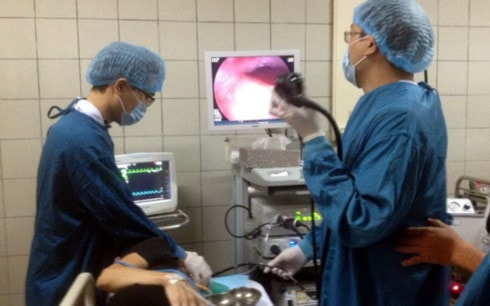 |
| Gastrointestinal endoscopy at the Department of Gastroenterology, Bach Mai Hospital. |
According to a recent study in Hanoi, for every 1,000 people, there are more than 700 cases of HP (Heclicobacter pylori) infection. In Ho Chi Minh City, 90% of people with gastritis have the presence of HP bacteria. Treatment of HP bacteria to prevent stomach cancer is very necessary.
Dr. Vu Truong Khanh emphasized: “HP bacteria are born because we abuse drugs and use antibiotics incorrectly (that is, we do not use drugs for enough time and dosage). We cannot control the quality of drugs, so it cannot kill bacteria, leading to drug resistance. When drug resistance occurs, bacteria spread from one person to another.
Many people believe that HP is transmitted through the digestive tract and exactly how it is transmitted is still a big question. However, we are living in an environment where many people are infected, so the possibility of transmission through the digestive tract is high and will cause many people to be infected.
In Japan, the incidence of stomach cancer used to be high, but now it has decreased due to changes in lifestyle. Each person has their own set of utensils, divided into trays, not shared like in Vietnam. Westerners eat separately, their infection rate is also low.
How to detect HP bacteria
Dr. Vu Truong Khanh said there are 2 ways to detect HP bacteria such as gastric endoscopy or using a breath test. In some countries, they use the method of detecting through stool which is also good.
The blood serological test method is meaningless, only applicable to epidemiology, that is, how many percent of this population. This method is not used for clinical doctors, some places still use this method incorrectly, making patients very confused.
In many countries, when there is HP bacteria, they are eliminated because it is related to stomach cancer. However, not everyone with HP bacteria gets stomach cancer. Stomach cancer can be related to a number of factors, including genetics and diet. If one person in the family has cancer, the likelihood of a relative getting it is higher than others.
Dr. Khanh especially noted a high-salt diet and cited evidence that in the past, Japanese people used an average of 20 grams of salt per day for a long time, but now they use very little, about 5 to 6 grams per day. We use salt to pickle vegetables and pickle eggplants, and the Japanese do the same. "Eating salty foods is the cause of increased stomach cancer" - Dr. Khanh emphasized.
Who is at high risk and should be tested?
Dr. Vu Truong Khanh advises that people who need to treat HP bacteria include: people with stomach ulcers, duodenal ulcers, if not treated, the rate of ulcer recurrence is very high. Second, parents, siblings with the same first-degree bloodline have stomach cancer, the risk will be higher, people with persistent epigastric pain and HP bacteria.
Dr. Khanh warns that there are many diseases related to eating and drinking, so hygiene must be a top priority. Eat and live a moderate life.
"To have a good physical condition, we must exercise and train our health" - Dr. Khanh added./.
According to VOV
| RELATED NEWS |
|---|

